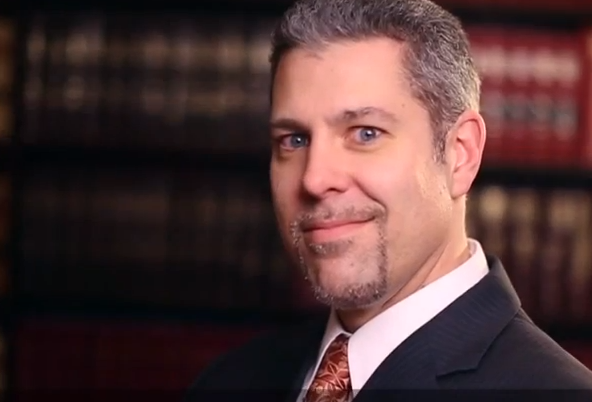When the police make an arrest on suspicion of drug possession, distribution or manufacturing, they will typically seize any evidence they can find in the vicinity. In many cases, they will do so without a warrant. While the Fourth Amendment to the U.S. Constitution prohibits warrantless searches and seizures in many cases, there are many exceptions to the warrant requirement as well. If you are facing drug charges in New Jersey, you will want to speak with a Morristown drug lawyer to find out if you have grounds to challenge the government’s evidence against you.
7 Scenarios Where the Police Can Seize Drugs Without a Warrant
There are seven main scenarios in which the police can seize drugs (or other evidence) without a warrant:
1. You Consented to a Search
If you consent to a search, the police don’t need a warrant. This is true even if you weren’t aware that you had the right to refuse.
2. The Police Pulled You Over
When the police make a traffic stop, they are allowed to conduct a warrantless search if they have probable cause to believe that there is evidence in your vehicle.
3. The Police Conducted a “Stop and Frisk”
If the police have reasonable suspicion that you have committed a crime (or are about to commit a crime), they can conduct an investigatory stop (also commonly known as a “stop and frisk”). While the purpose of the stop and frisk is to search for weapons if the police find drugs they can seize these as well.
4. You Were Being Arrested
The police are allowed to conduct a warrantless search incident to an arrest. This search can include not only your person but also your surroundings.
5. The Drugs Were in Plain View
The police do not have to ignore evidence that is in plain view. If they could see the drugs (or other evidence which led to your arrest) from a location that they were lawfully allowed to be, then they were allowed to seize the drugs (or other evidence) without a warrant.
6. You Ran from the Police
If you run from the police, the police can continue their pursuit into your home (or anywhere else). If they find drugs while they are there, they can seize the drugs without a warrant.
7. There was an Emergency
The police can also enter private property without a warrant in the event of an emergency. While there, they can seize any evidence that is in plain view.
If none of these are relevant to your case and the police seized evidence without a warrant, you may be entitled to have this evidence suppressed. To find out if the police violated your Fourth Amendment rights, contact us for a free consultation today.
Talk to a Morristown Drug Lawyer for Free
If you are facing drug charges in New Jersey, you will need an experienced lawyer to help you fight to avoid severe penalties. For a free and confidential consultation with Morristown drug lawyer Scott Gorman, call 973-796-3800 or tell us how we can reach you online now.
Published in Categories: Drug Posession


